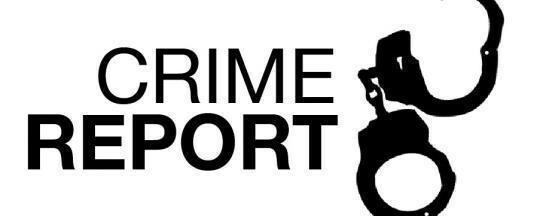A dispute over the lack of rain turned deadly in Iloli Village of Torit County, Eastern Equatoria State, South Sudan. Ofuho Ewot, 28, stands accused of killing a man identified as Allam and injuring a woman during the altercation. The injured woman is currently undergoing emergency treatment at Torit State Hospital.
Speaking to Radio Tamazuj on Thursday, Galileo Ohide, the Paramount Chief of Hiyala Payam, said: “This incident happened the day before yesterday (Tuesday). There is one person who was shot dead called Allam and the person who shot him is called Ofuho Ewot. He is now in prison.”
The community leader explained that the disagreement escalated due to a misunderstanding about the responsibility for the absence of rain in the area. Ohide continued, “During the dry season, the youth talked about the issue of dry spell, that the chief (Ofuho’s father) had to be brought to talk about the issue of rain and the chief came and they talked about this issue.”
The chief further disclosed, “The person who was shot had earlier uttered that the youth were looking for the chief in connection with delayed rains and drought. The deceased victim had alleged that the chief was responsible for the drought experienced in the area.”
The altercation between the deceased and Ofuho Ewot initially led to a brief fight, which was later quelled.
Tragedy struck later in the same evening, when “a few minutes after 6:00 pm, an armed Ofuho Ewot attacked the victim, shooting him dead. During the shooting incident, a woman also sustained gunshot injuries. Ofuho was arrested and is now in Torit Prison,” explained Hiyala Payam Paramount Chief Galileo Ohide.
Maj. Gen. James Monday Enoka, the Eastern Equatoria State Commissioner of Police, confirmed the arrest, stating that the suspect is in police custody, awaiting trial.
He urged community members to collaborate with law enforcement to identify and report wrongdoers, emphasizing, “If anyone commits a crime, citizens should report to the police and the police will arrest the criminal, investigate and take the suspects to courts of law.”
Gilberi Asusi, a civil society activist in Eastern Equatoria State, lauded the security forces for apprehending the suspect. He, however, called on the state government to ensure accountability for the perpetrators involved.
Addressing the broader issue of firearms in civilian hands, Asusi remarked, “That person should be dealt with according to the law. The law should really take its course when it comes to such criminals. The police have been apprehending people who commit such offences. This time we want this case to be followed up.”
He expressed concern about the prevalence of firearms among civilians, suggesting that advocacy is necessary to shift this dangerous norm: “We also have the issue of small firearms in the hands of people in the community. Unless you are a security officer who is on duty, a person should not carry a gun. The police and government should provide protection to its citizens. We need advocacy to change the mindset that a specific community should be in government or carrying small and big firearms. People are dealing with serious mental issues and any slight triggers can create serious conflict.”




